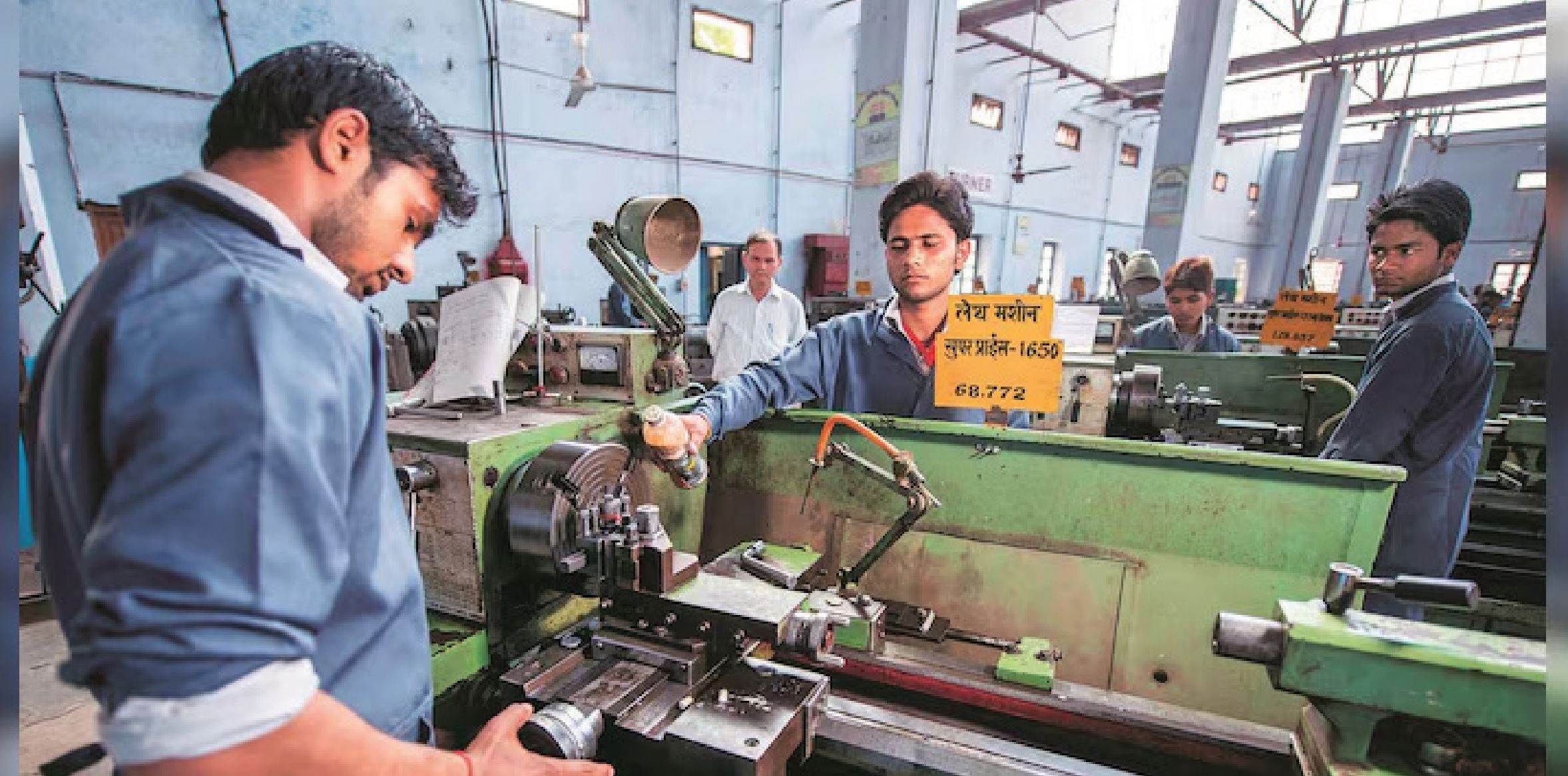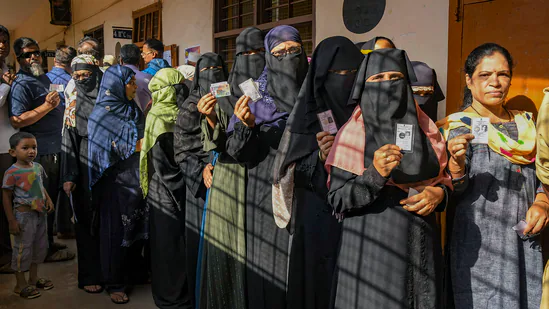Unemployment hits its highest in 45 yrs, but why?
Ministry of Labour & Employment data says that 93 per cent of the workforce is in the unorganised sector, with little or access to any social security benefits or job security
-
India has 18.3% unpaid workers, and 57.3% of total workforce are self-employed. PHOTO: ANI
The economic issues are most vital for us and it is of the highest importance that we should fight our biggest enemies; poverty, unemployment’’, according to ex-Prime Minister Lal Bahadur. Shastri back then spoke about poverty and unemployment being the biggest enemies of the nation.
As we look back today, India is
experiencing the highest unemployment in 45 years and is feeding over 80 cr
people under the National Food Security Act. The challenges of poverty and
unemployment is largely linked to access (geography) and low wages, even as we
keep hearing the debates on unemployability and skill-less education system,
the core of the problem today seems the inability to allow creation of jobs
seamlessly in both organised and unorganised sector.
Ministry of Labour & Employment
data says that 93 per cent of the workforce is in the unorganised sector, with
little or access to any social security benefits or job security. India also
has 18.3 per cent unpaid workers, and 57.3 per cent of total workforce are
self-employed.
Even as the jobs in the agriculture
sector is shrinking the workforce in unorganized sector is not reducing, the
argument of unorganized sector employment eventually moving to organized sector
seems unrealistic in today’s time.
Both Union and state governments
are slowly acknowledging the fact that organised sector employment is are not
growing faster than expected, the slump in the manufacturing and the new age
economy is not creating many organised sector jobs. No major legislation or
policy is enacted to address the issues of the unorganised sector workforce who
have been long deprived of basic benefits like social security, health insurance,
housing, financial inclusion etc.
The Covid crisis was an eye opener,
it exposed how the unorganized sector workforce is extremely venerable, has
serious workplace challenges and extremely low wages that is unmonitored by any
authority, also how these 437 million unorganized sector workers who contribute
50 per cent to the GDP continue to be voiceless.
In a tactical move on the eve of
Independence Day the Labour Department, Govt of Karnataka announced ID cards
and basic social security scheme for unorganized sector workforce across 23
different services that could cover over 6 million people.
Labour Minister Santosh Lad
acknowledged that, “a lot more must be done and issuing ID card is just first
step to officially count the workforce that has been deprived of employment
benefits, and as and when the unorganised sector board is able to generate
revenues in form of cess from various departments through strategic policy
changes, we can improve the working conditions, provide social security,
healthcare and most importantly work towards a financial inclusion framework.”
The new age platform economy is
creating more jobs in the unorganized space, with over 15-16 million workers
gig economy powered by the digital delivery platforms is fast growing. Due to the
very nature of the business gig workers have little access to employment
benefits that the organised sector workforce enjoys. Even as states like Karnataka
are pushing for a legislation for gig workers, there is a palpable resistance
from several digital delivery platforms to work towards creating welfare
schemes for the gig workers.
Like many other countries India is
rapidly moving towards employment generation and economic growth is the
unorganised sector, and to address the workforce & workplace challenges a
comprehensive policy & legal framework is needed. Registration in e-Shram,
PMSYM and other portals with extensive publicity, issuing cards is becoming
another PR exercise, and the workforce in the unorganized sector who have been
subjected to various registrations over years feel that these multiple
registrations are not making any difference in their lives. So, what is needed
is a massive outreach and a robust process to identify, validate, count,
connect and to provide benefits, training, welfare, and healthcare schemes on a
war footing basis.
Currently the claim of economic
growth and job creation is like ‘building faster cars and getting a ticket for
speeding on a bad road’, it throws open the fact that we are setting wrong
priorities, over regulating, under prepared and are failing the youth of the country.
State and Union government’s
intervention is needed to bring an organised policy to assess the composition
and count of the unorganized sector workforce. Higher budgetary allocation for
social security, healthcare, financial inclusion, incubation centers and
upskilling programs to enhance skills with guaranteed opportunities in domestic
or international job market can fix India’s unemployment crisis in the mid-term
and long- term.
The author is Member, Karnataka Building & Other Construction Workers
Welfare Board
Leave a Reply
Your email address will not be published. Required fields are marked *




















